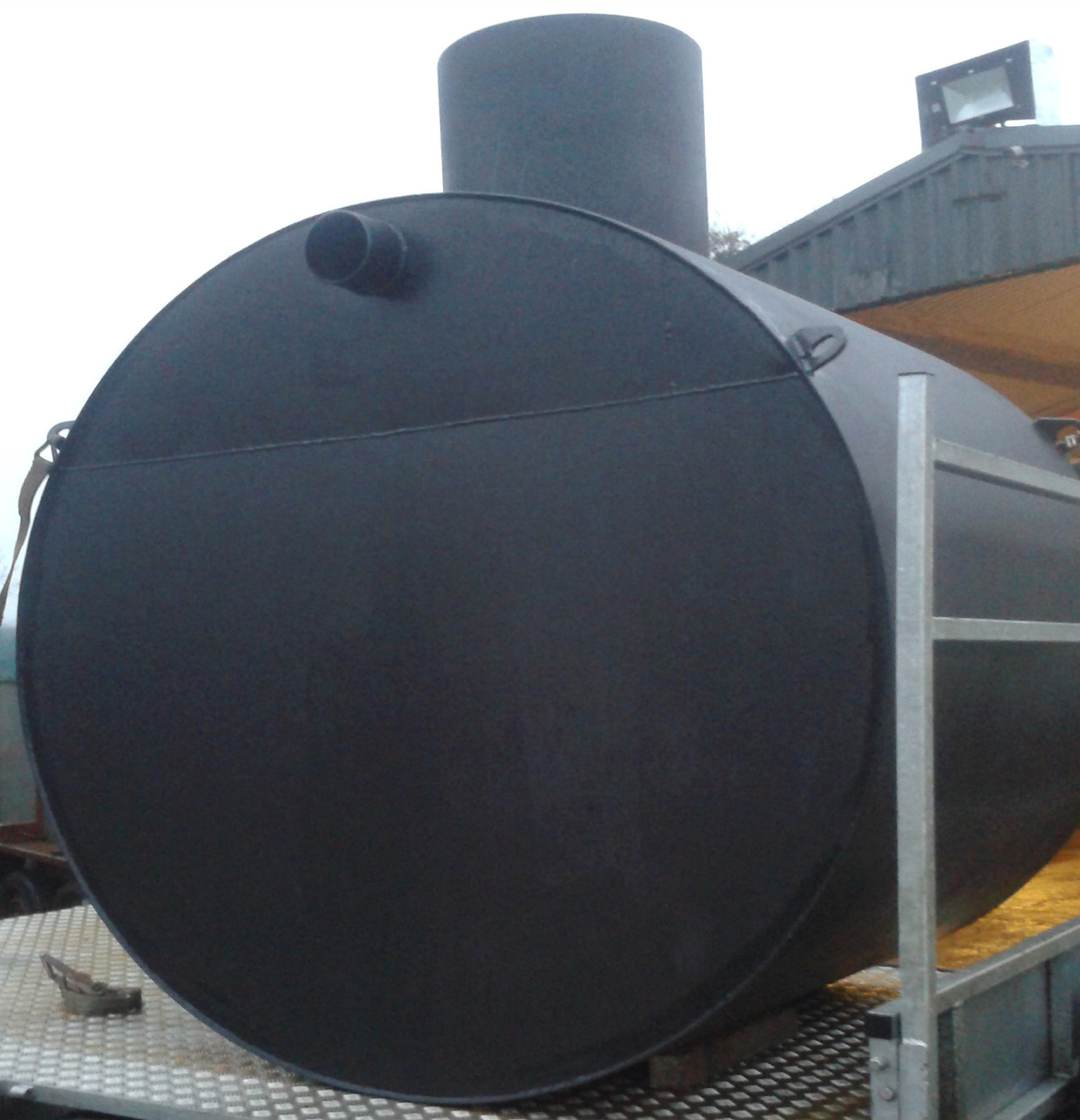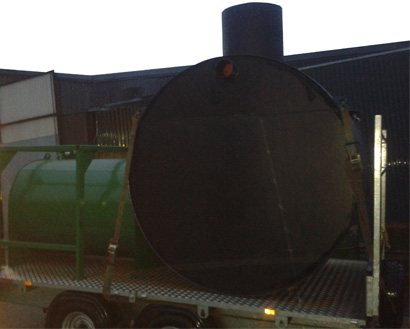Surface water drains normally discharge to a watercourse or indirectly into underground waters via a soak away. Contamination of surface water by oil, chemicals or suspended solids can cause these discharges to have a serious impact on the receiving water. Interceptors are installed to protect receiving waters from oil pollution.
Do I need a Separator?
Oil may be contaminating surface water at various sites. Sites need to have measures in place to prevent oil polluting the environment. These would include:
- vehicle maintenance and wash-off areas
- industrial sites where oil is stored or used
- smaller car parks discharging to a sensitive environment
- any other site with a risk of oil contamination
- car parks typically larger than 800m2 in area or for 50 or more car parking spaces
- refuelling facilities
- areas where goods vehicles are parked or manoeuvred.
What is the difference between a Class 1 & Class 2 Separator?
A Class 1 Interceptor is designed to achieve a concentration of 5 mg/l of petrol/oil at discharge under normal conditions, includes a coalescer and a closure mechanism. A Class 1 Interceptor is usually required for discharge to any surface water.
A Class 2 Interceptor is designed to achieve a concentration of 100 mg/l of petrol/oil at discharge under normal conditions and is normally used when discharge is to a foul sewer.
All McCabe Engineering Fuel / Oil Interceptors conform to all local water authorities regulations. The tank design contains and slows the flow of waste to allow the grease, oil, and traces of fuel and solvents to float and separate from the cleaner water which exits the tank from a low level thereby complying with local water authority requirements.
Contact Us Now for a quote or call on: 0872250748 or 0876294664


